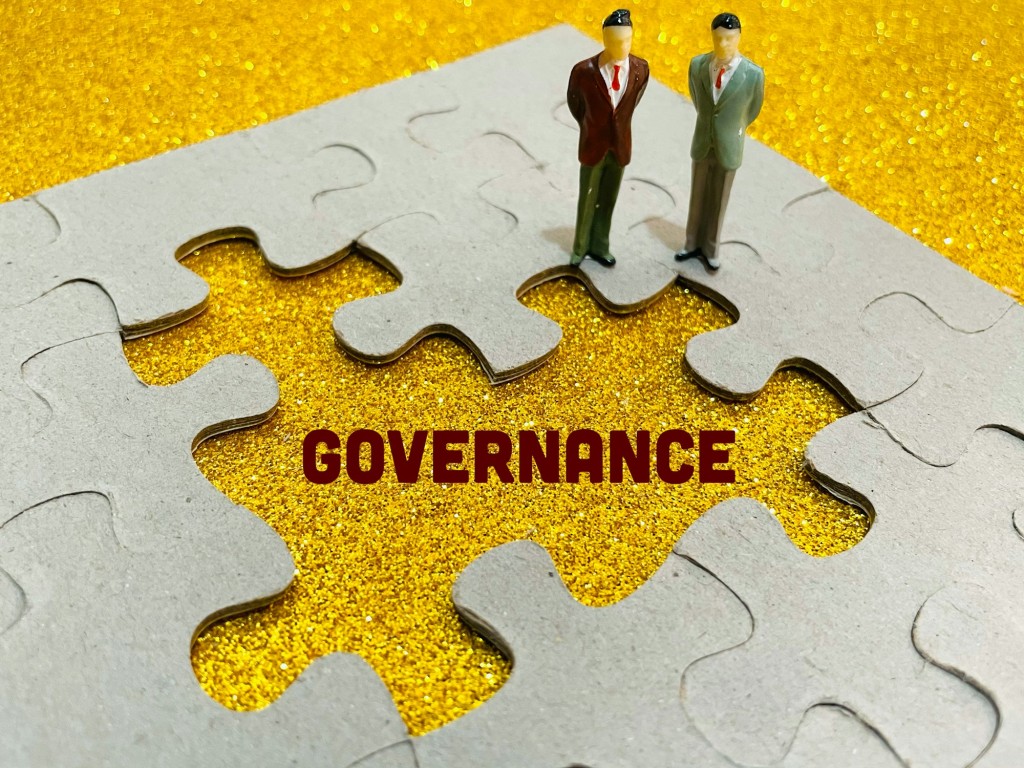
Governance and leadership are two fundamental concepts that play a crucial role in the success and effectiveness of any organization, whether it is a government, a non-profit organization, or a business entity. These concepts are intertwined and interdependent, as effective governance requires strong leadership, and effective leadership requires good governance practices.
Governance can be defined as the process of decision-making and the implementation of policies by those in authority within an organization. It involves establishing structures, systems, processes, and procedures that ensure accountability, transparency, fairness, and ethical behavior. Good governance ensures that an organization operates efficiently and effectively while maintaining integrity.
Leadership is the ability to influence others towards achieving common goals. It involves guiding individuals or groups towards a shared vision or objective through inspiration, motivation, communication skills, and strategic thinking. Effective leaders possess qualities such as integrity, empathy, resilience, adaptability, creativity, and the ability to make tough decisions.
In any organization or institution – be it governmental or non-governmental – good governance is essential for its smooth functioning. It provides a framework for decision-making processes that are transparently carried out with accountability to stakeholders. Good governance ensures that resources are utilized efficiently without any misuse or corruption.
One important aspect of good governance is ensuring the participation of all stakeholders in decision-making processes. This includes not only those who hold positions of power but also employees at all levels within an organization. By involving everyone in decision-making processes through open dialogue and consultation mechanisms like town hall meetings or surveys can lead to better decisions being made since diverse perspectives are taken into account.
Furthermore, governance plays a vital role in setting up checks-and-balances mechanisms within organizations which prevent abuse of power by individuals holding positions of authority. For example, in democratic governments, the separation of powers between the executive, legislative, and judiciary branches ensures that no single entity has absolute power. Similarly, in business organizations, the board of directors acts as a check on the CEO’s power.
Leadership is equally important in organizations as it sets the tone for the organization’s culture and values. Effective leaders inspire and motivate their subordinates to work towards achieving common goals. They provide guidance and support to their team members while also holding them accountable for their actions.
One of the key responsibilities of leaders is to create a shared vision that aligns with organizational goals. This vision serves as a guiding principle for decision-making processes and helps employees understand how their individual contributions contribute to the overall success of the organization. A leader who can effectively communicate this vision can inspire employees to go above and beyond in their efforts.
Moreover, leadership is not limited to those at higher positions within an organization; it can be exhibited at all levels. In fact, empowering employees with leadership skills can lead to increased innovation, improved problem-solving abilities, and enhanced teamwork within an organization.
Governance and leadership are two essential components of any successful organization. Good governance ensures that decision-making processes are transparent, fair, accountable, and inclusive while effective leadership inspires individuals or groups towards achieving common goals by providing guidance, support, and motivation. Fostering good governance practices alongside strong leadership skills will undoubtedly contribute to organizational success in both public and private sectors.
